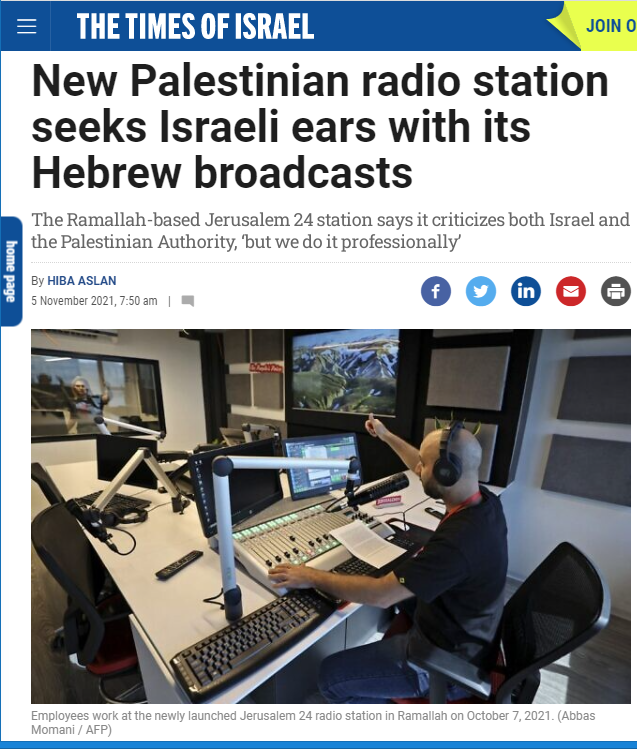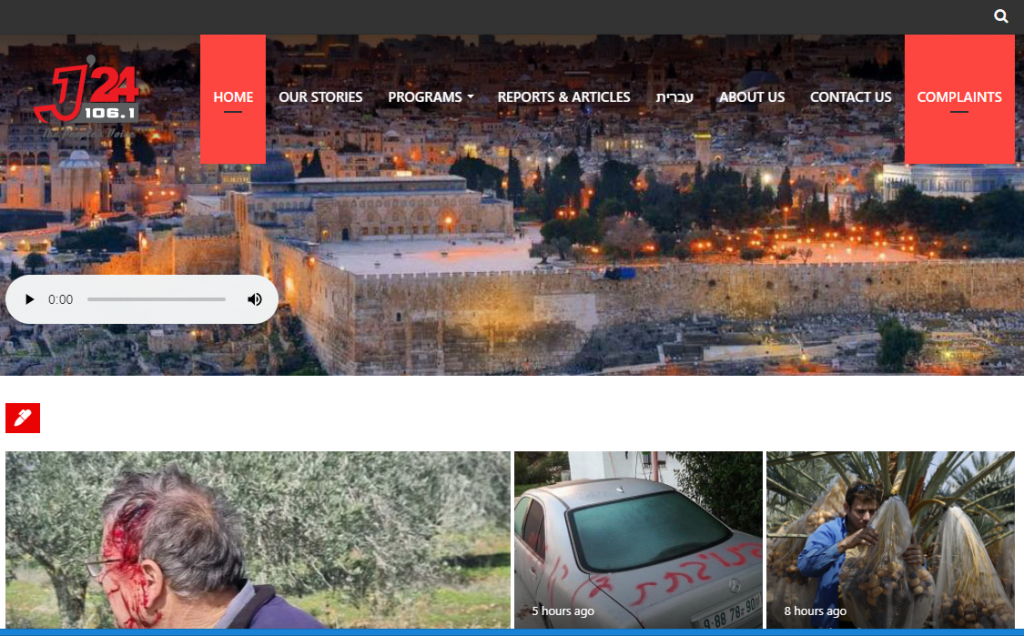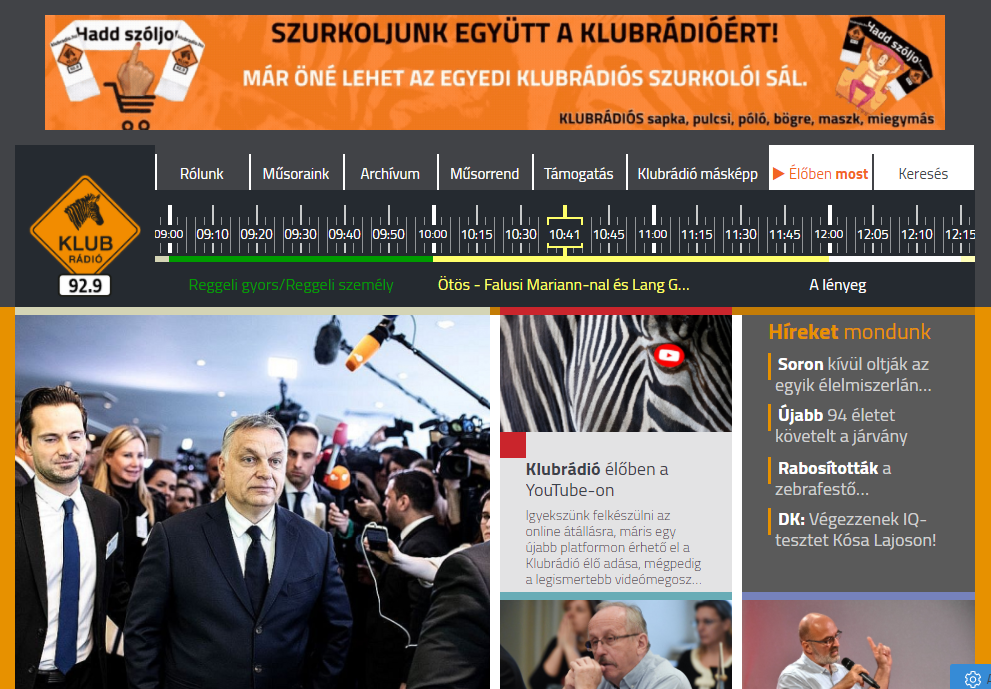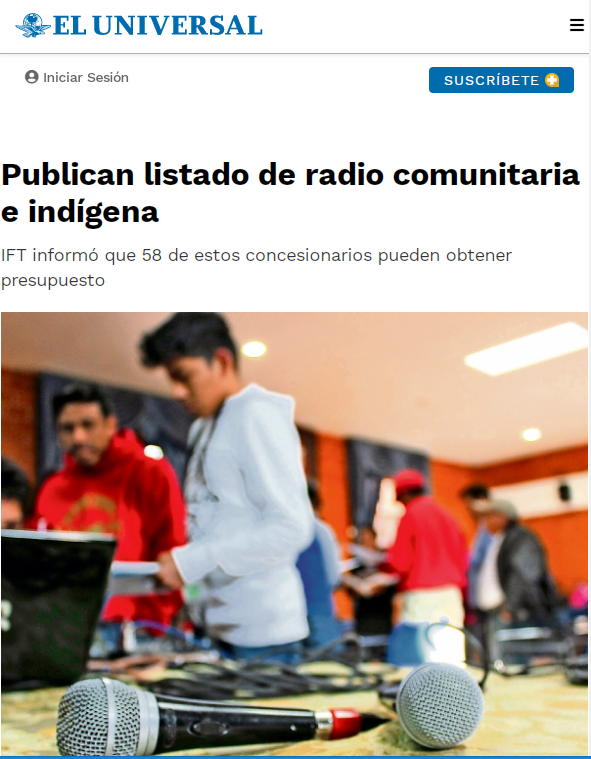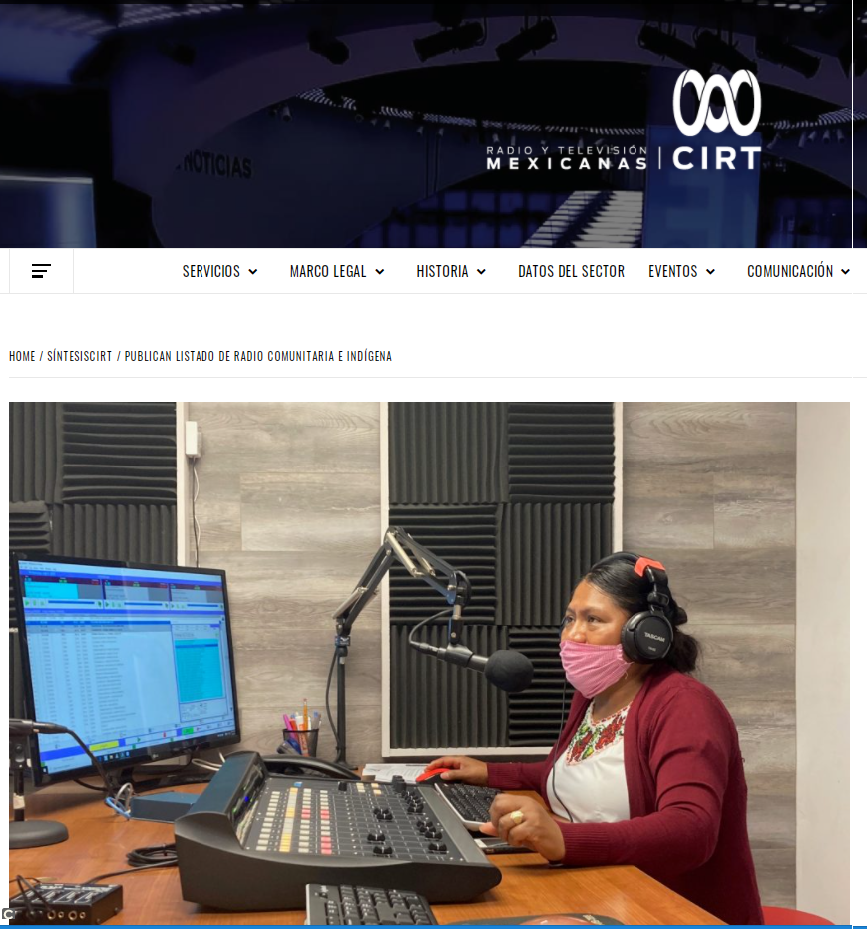
Source
In sub-Saharan Africa, the focus is on radio to educate young people about active citizenship and how to deal with the challenges they face, such as idleness and unemployment. Choosing the airwaves to dialogue with young people are the heads of state of the G5 Sahel, an organization that since 2014 has brought together Mauritania, Mali, Burkina Faso, Niger, and Chad to unite efforts in the fight against terrorism. The initiative was also created with support from the OIF (Organisation Internationale de la Francophonie) and the European Union. Radio Jeunesse Sahel will begin FM operations on October 1 from Ouagadougou, where the last staff training courses are being held: 26 media professionals deployed between headquarters and national branches. The editorial and administrative directors are both from Niger. Aimed at the audience between the ages of 15 and 35, it will have six hours of programming in French and the main languages of the region, with repeaters in each country.

